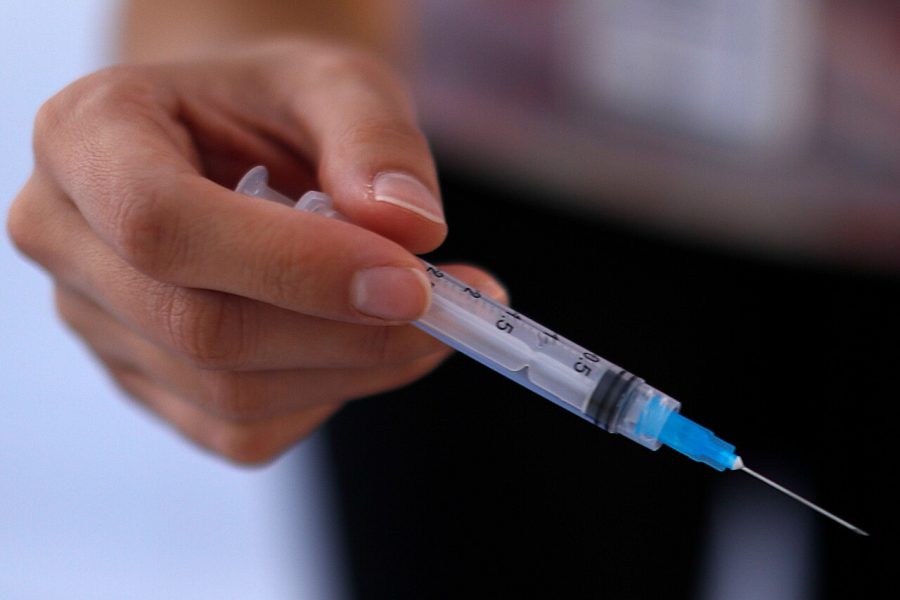A group of Chilean scientists is working to create vaccines for clinical studies of four viruses with a high impact on human health, which are: hanta virus, SARS-CoV-2, respiratory syncytial virus, and human metapneumovirus.
The new GMP (Good Manufacturing Practices) laboratory will be the place where these injections will be created. This space, for research purposes, is expected to be operational during the first semester of 2023 on the San Joaquín campus of the Catholic University.
This project will be led by the house of studies and the Millennium Institute of Immunology and Immunotherapy (IMII).
“The UC Innovation Center is designed to house initiatives of this type, in this case, with a project that seeks that the prototypes that the vaccines that we develop and that have good results can be formulated in a way that allows them to be transferred later to studies scientific-clinical”, stated Dr. Alexis Kalergis in a seminar organized by the Technology Consortium in Clinical-Molecular Biomedicine (BMRC, for its acronym in English).
The latter corresponds to the study to develop in Chile the first immunization on a global scale of human metapneumovirusa high-impact condition for pediatric populations worldwide and which, to date, does not have an immunity platform.
“One of the most important challenges we faced during the pandemic was that the developments that we were making vaccines, they could not find space in the laboratory or plants that could allow the formulation of versions according to good manufacturing practices”, explained the academic, also linked to the research project for the vaccine against the respiratory syncytial virus, another microorganism with severe consequences for pediatric populations, essentially in developing countries.
Dr. Kalergis stressed that the facilities will be designed in accordance with the regulations required by the Public Health Institute as the highest national regulatory body.
Also, The construction of the facilities has had the advice of international experts so that the laboratory can manufacture products under the standards of the two main regulatory agencies in the world.: the United States FDA (Food and Drug Administration) and the European Medicines Agency (EMA).
“The evaluation of these vaccine prototypes in humans is a fundamental stage for the development of immunization technologies., as demonstrated during the pandemic for the development of vaccines against SARS-CoV-2. The laboratory has meant challenging work from the design and equipment, and fortunately we have been able to meet each of these milestones”, said the researcher.

